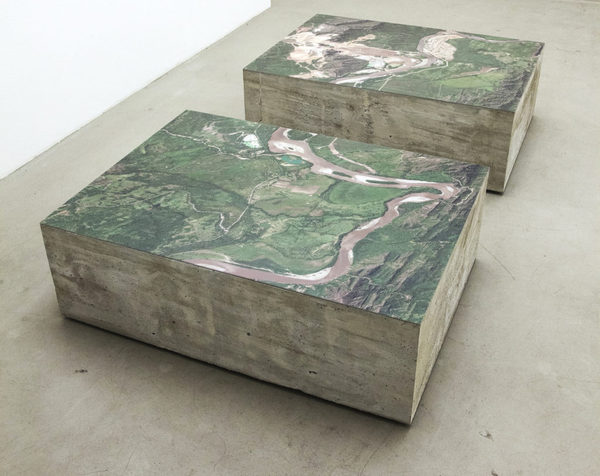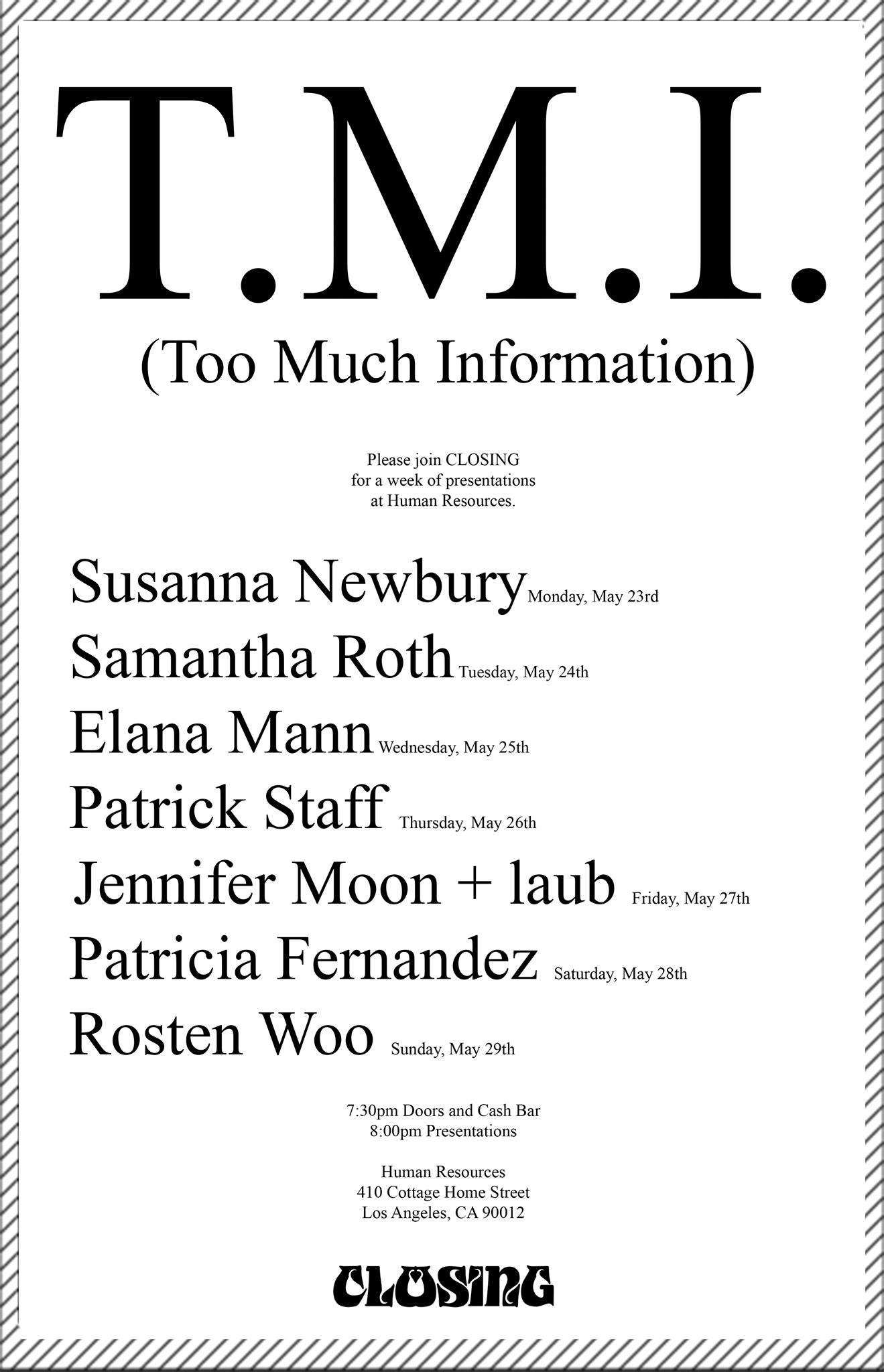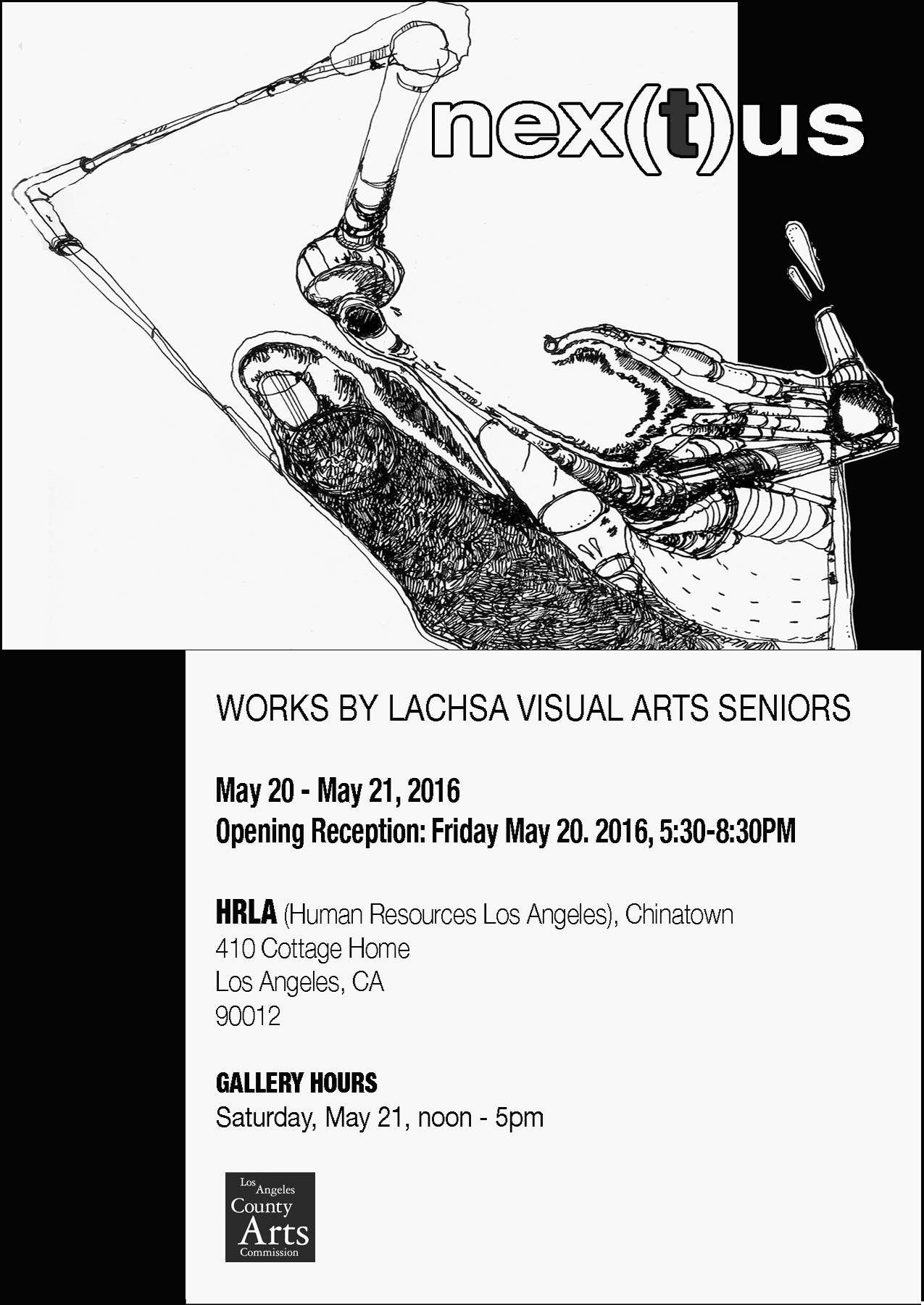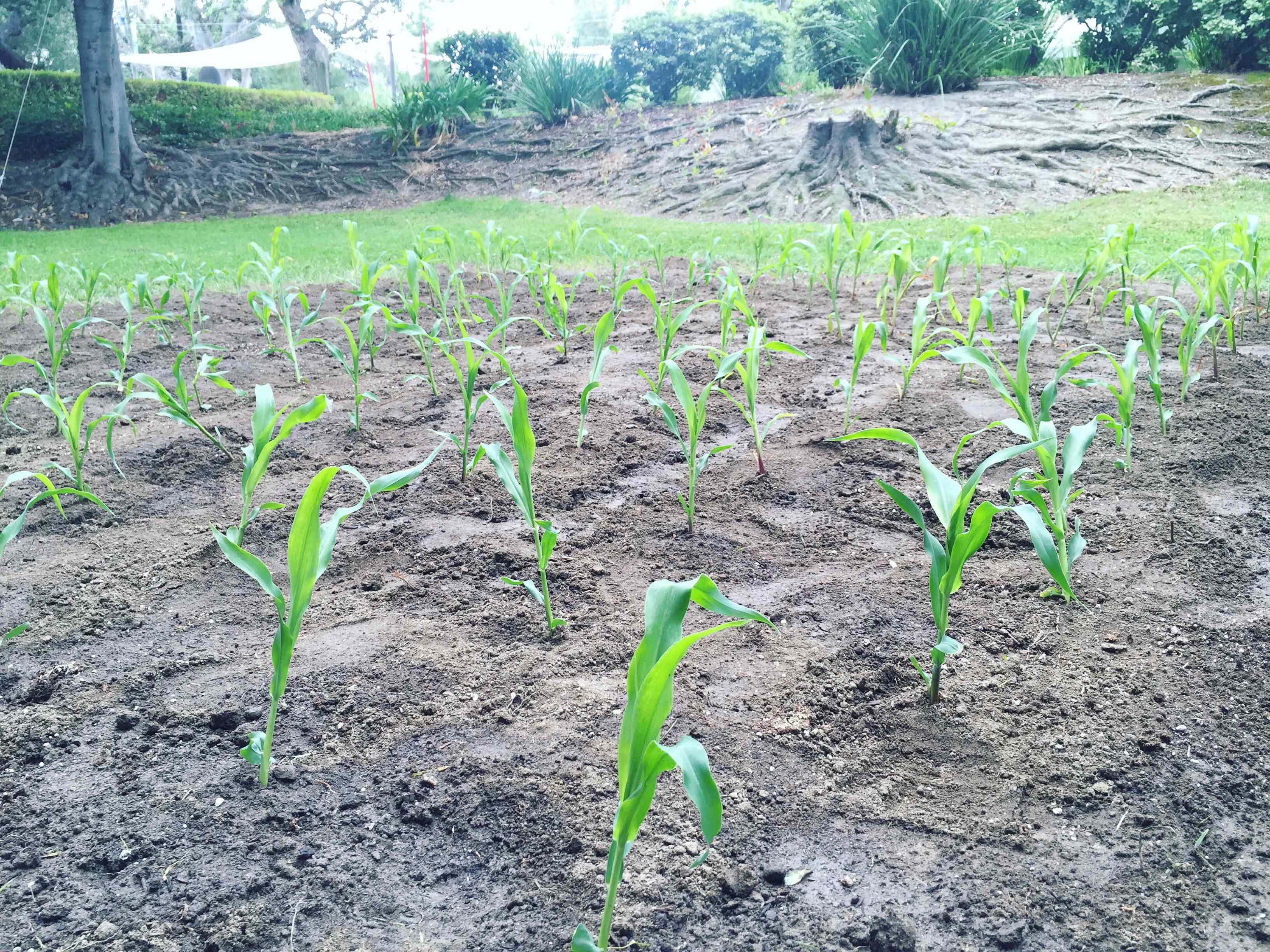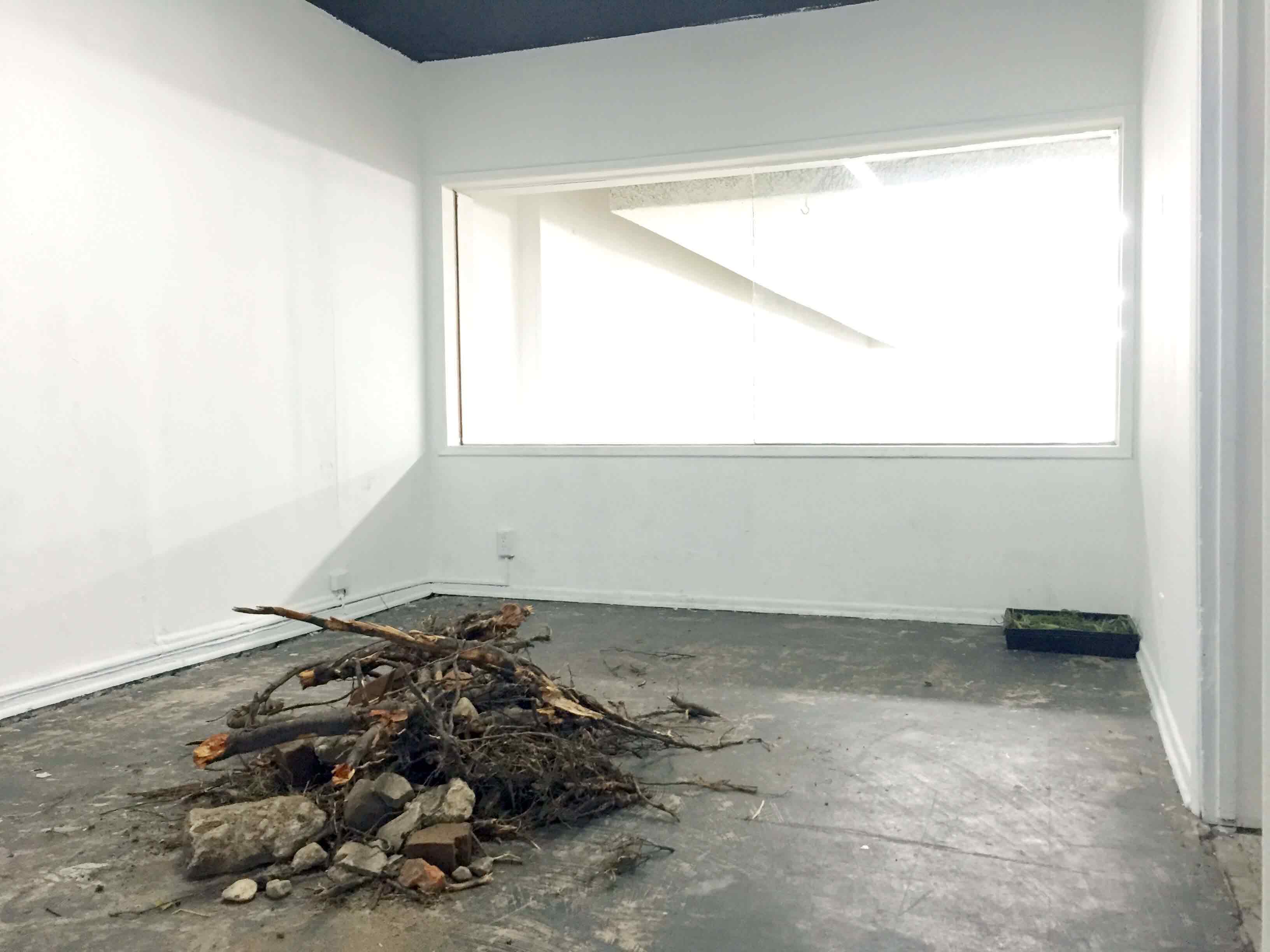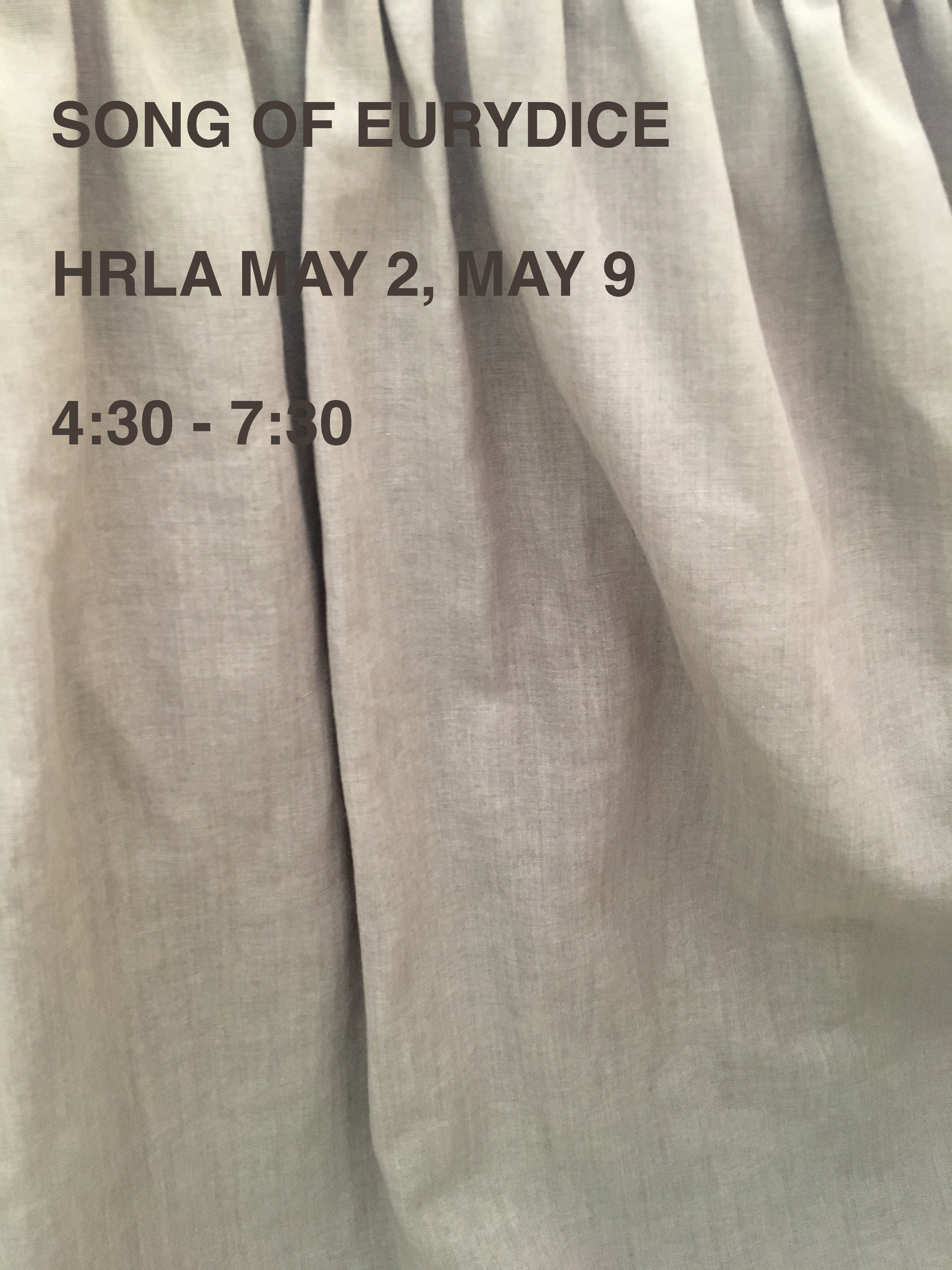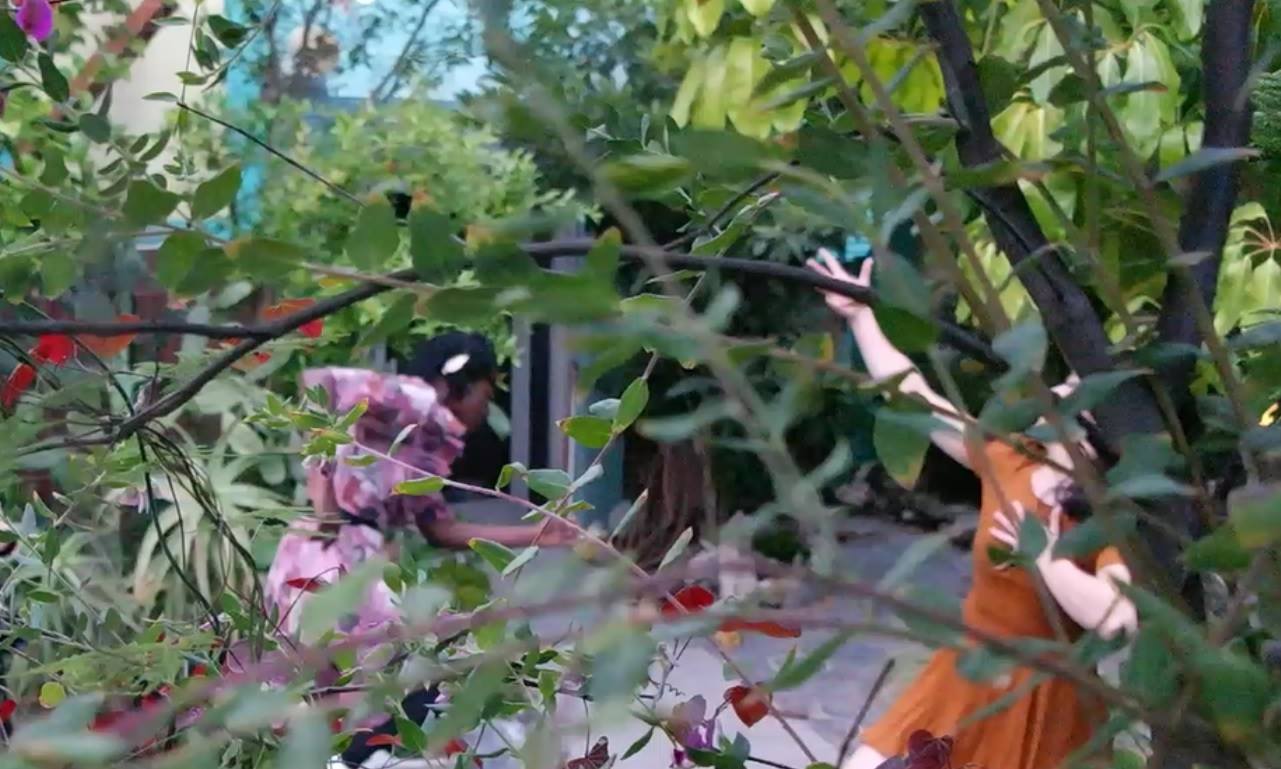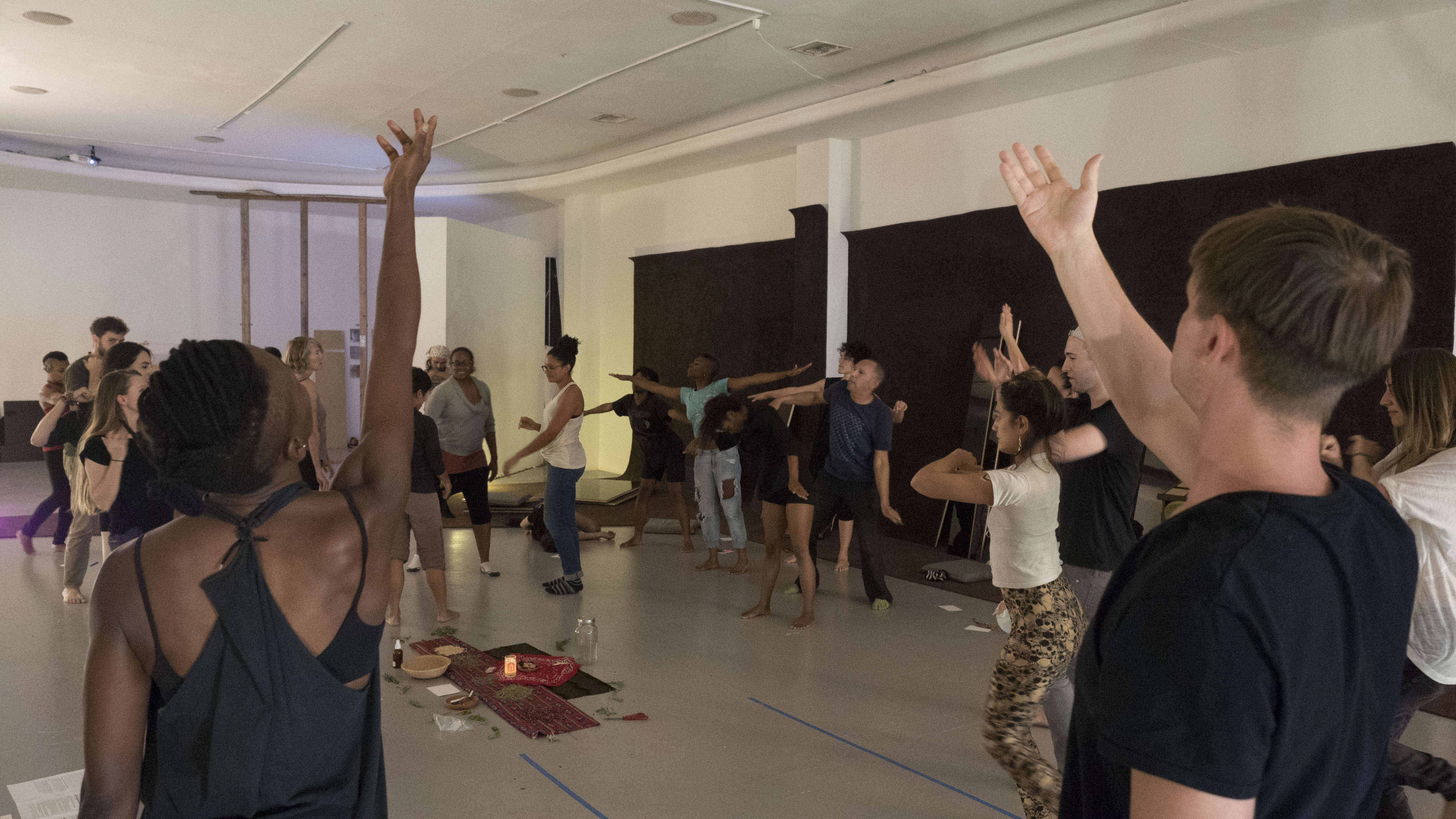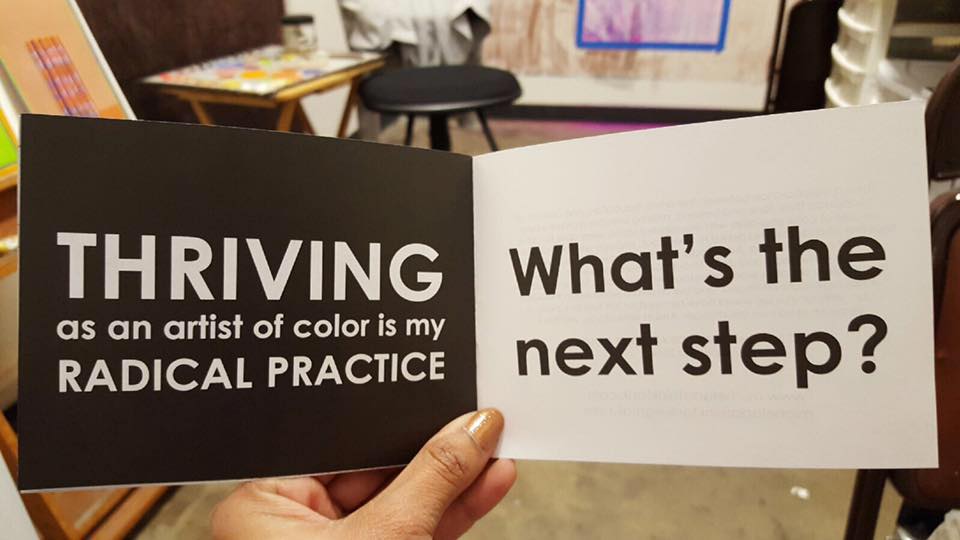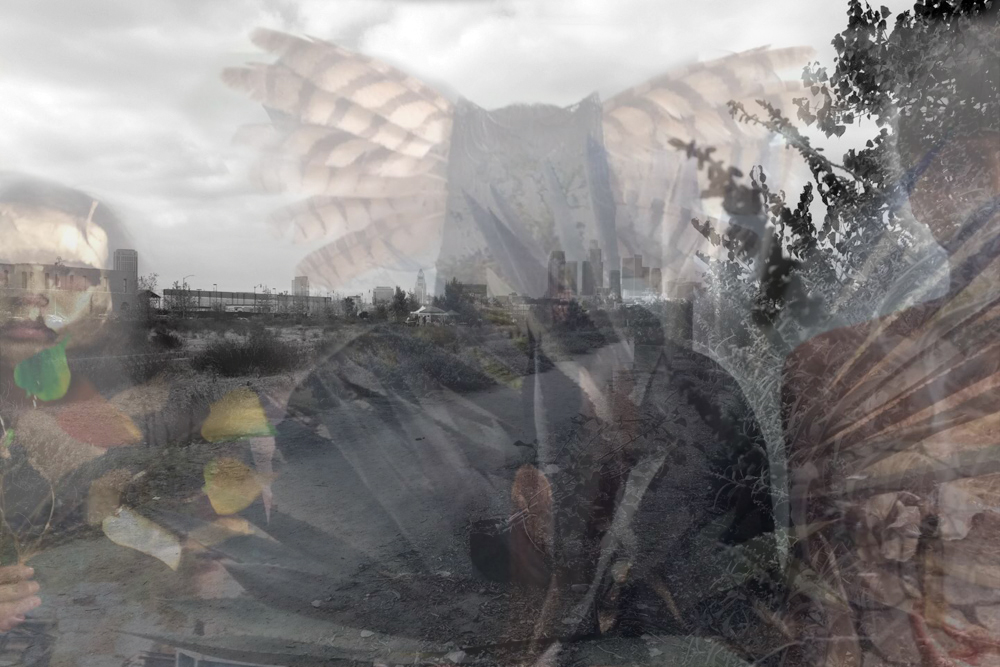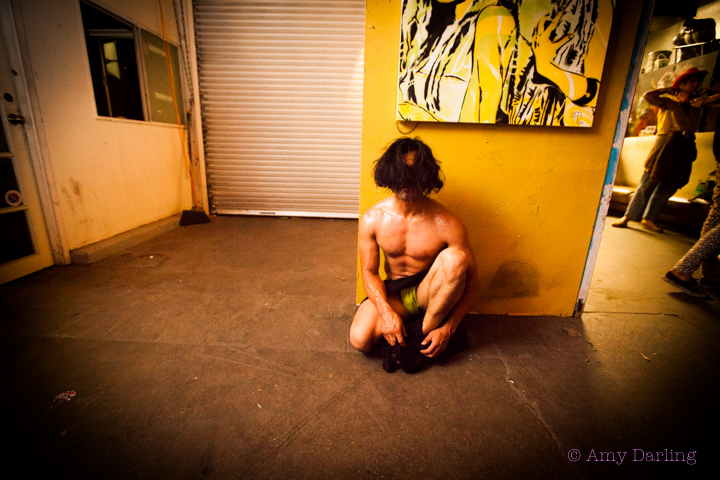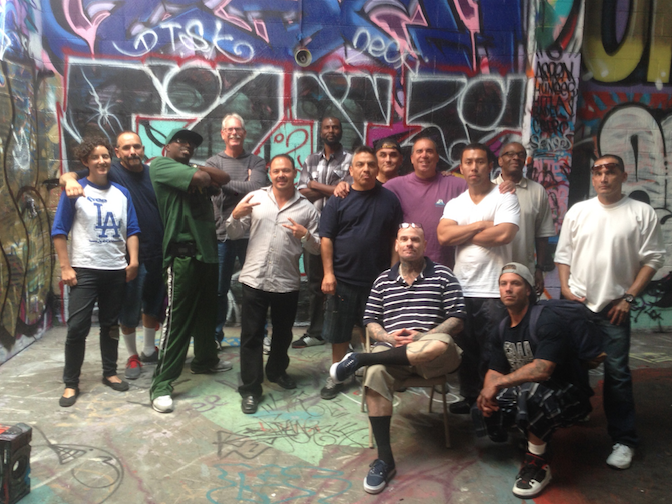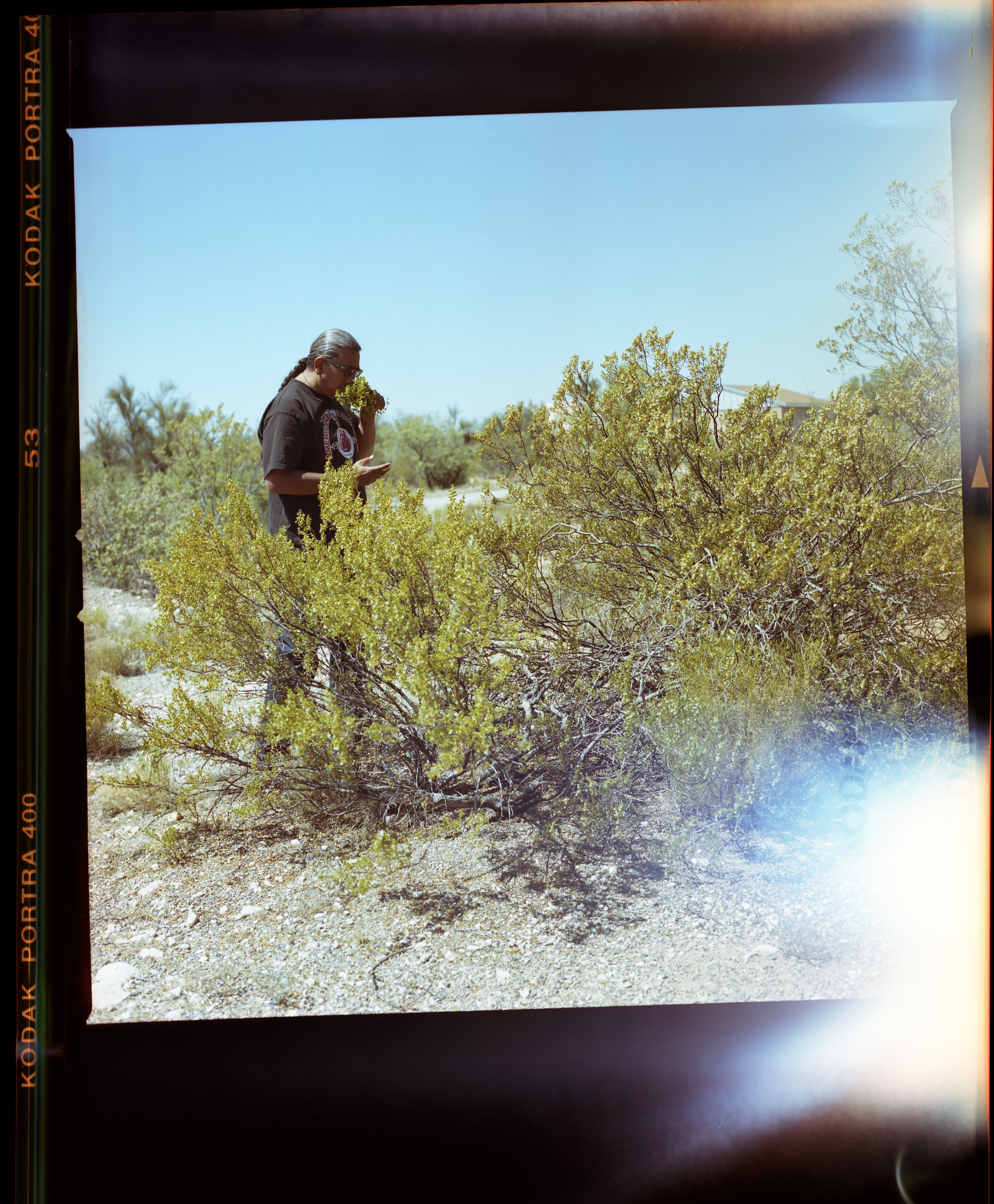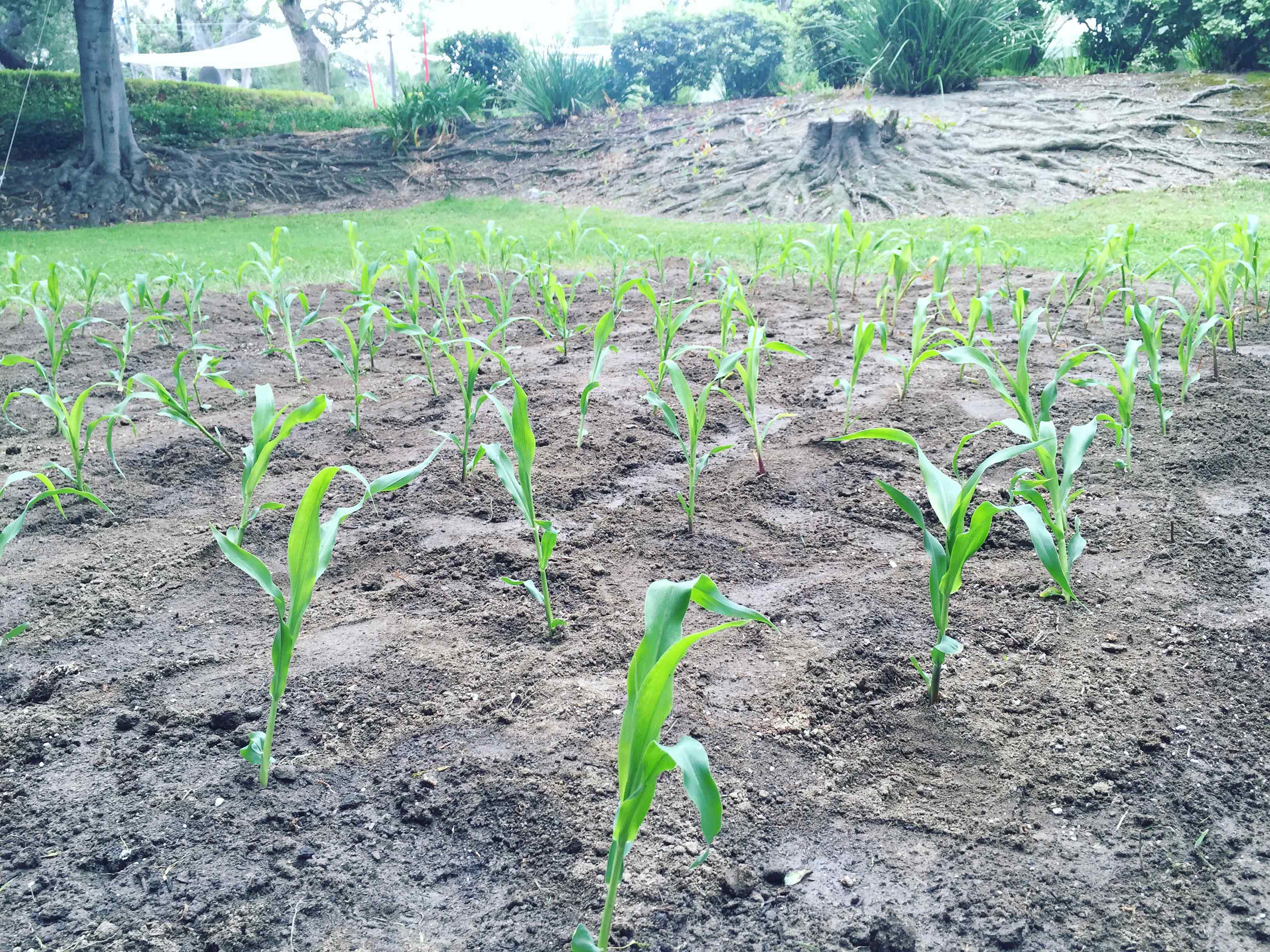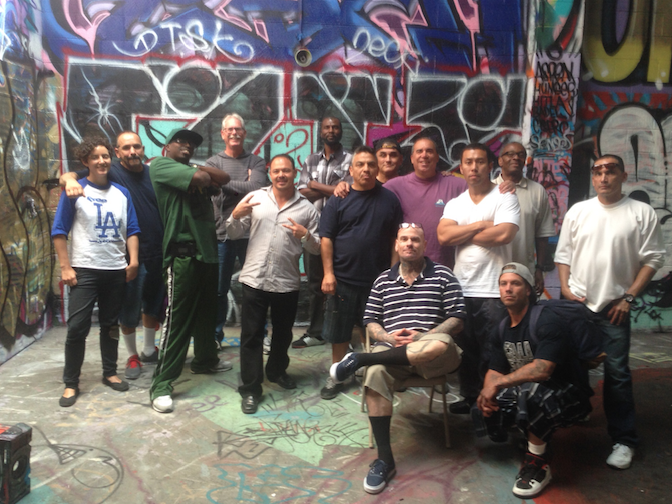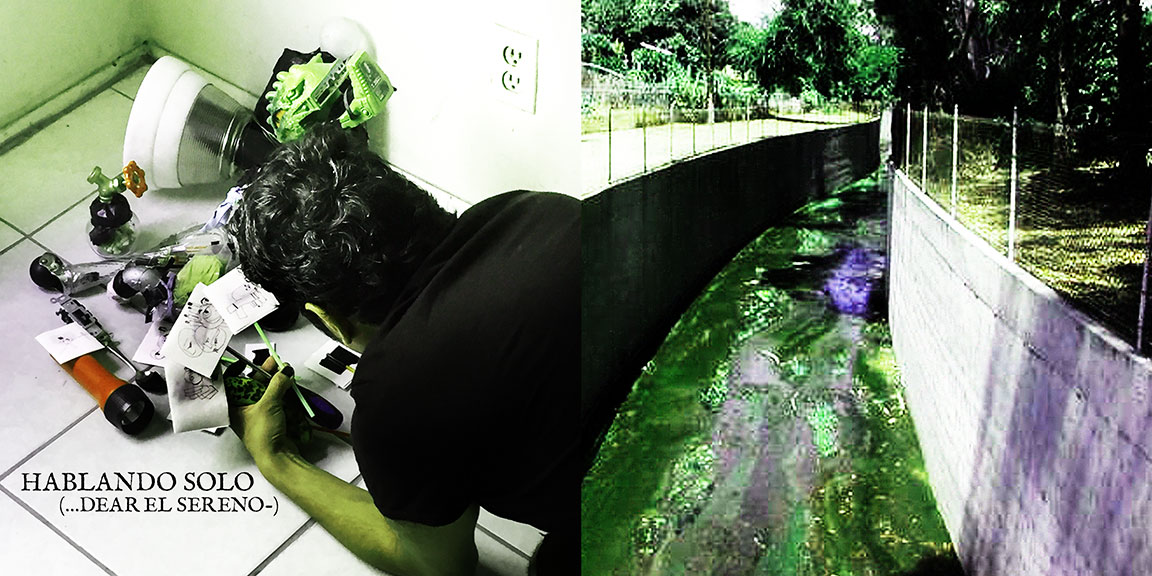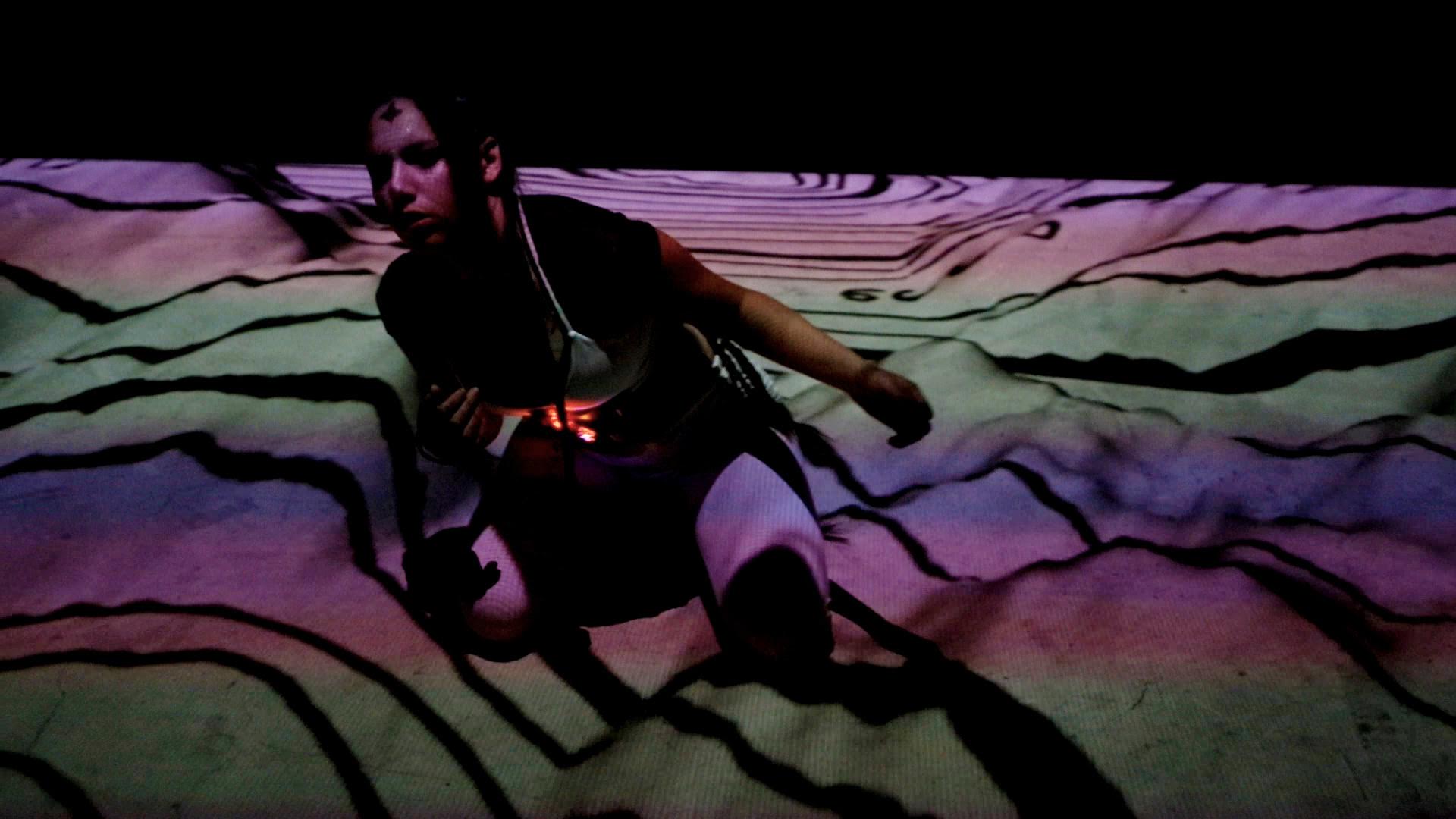6.2 - 6.18.16 The Distance Plan - Climate and Infrastructure
Image: Carolina Caycedo Dammed Landscape / Paisaje Respresado, 2013, Satellite images and concrete. 110x85x40 cm (each) Courtesy of Instituto de Visión. Image: Installation at DAAD Gallery Berlin.
Opening – Thursday June 2nd, 2016, 6pm.
On view weds-sun 12-6pm June 3rd - June 18th 2016
Artist talk – Bjarki Bragason and Sarah Rara in conversation with Abby Cunnane & Amy Howden-Chapman Saturday June 11th, 2016, 3pm.
Bjarki Bragason, Carolina Caycedo, Fiona Connor, Ryan Jeffrey & Boaz Levin, Steve Kado, Susannah Sayler & Edward Morris for The Canary Project and Sarah Rara. With a new text by Lina Moe. Organized by Abby Cunnane, Amy Howden-Chapman and Luke Fischbeck.
The Distance Plan: Climate and Infrastructure brings together work by 10 practitioners whose works address major infrastructural forms of the present – energy generation, digital frameworks and mass transport networks – in relationship to future alternatives. Providing a diagram of our carbon-intensive era, these works look at the ideologies driving development, and how today’s infrastructure determines both the means by which natural resources are consumed, and the ability of communities to change patterns of carbon consumption by redefining the built environment. The softinfrastructure of institutions attempting to confront climate change at an intergovernmental level is also considered, including the mechanisms of diplomatic negotiation and the scientific knowledge being generated around our current trajectory. The politics of infrastructure is often caught in the fraught terrain between strategies for mitigating climate change and those promoting adaptation. The Distance Plan: Climate and Infrastructure thereby responds to the concept of ‘path dependency’ – the idea that the choices available to us in the present are contingent on knowledge and decisions made in the past, and that future capacity for change is substantially determined by our current planning.
Works consider the energy use of data centers (Ryan Jeffrey & Boaz Levin); Colombian dams being built to power extractive industries (Carolina Caycedo); the California Water Crisis (The Canary Project) solar infrastructure (Sarah Rara) and the energy use of arts institutions (Fiona Connor). Lina Moe investigates the the closure of New York City’s L train for post-Sandy repairs, as an example of civic infrastructures increasing vulnerability. Work by Steve Kado tracks the aesthetics of global mobility, while Bjarki Bragason’s project turns the lens on the scientific imagery and narratives that feed the popular understanding of climate change. In diverse ways, these practices take account of historical decision-making as a form of momentum locking us into a precarious present, while considering the radical alteration our infrastructure needs to undergo.
For further information visit TheDistancePlan.Org
or contact info@thedistanceplan.org

